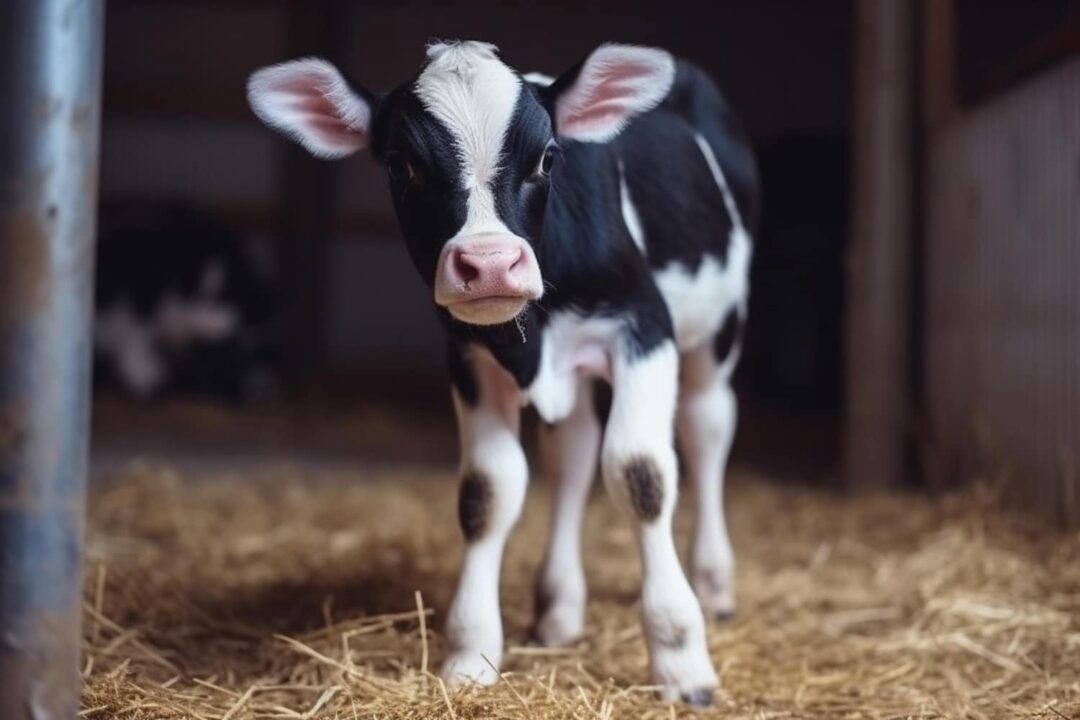The government has launched an infrastructure grant scheme worth £10 million to fund cattle housing for farmers. This fund aims to improve calf health and welfare as well as enhancing environmental sustainability and innovation.
The funding will be granted to farmers that are looking to build new, upgrade or replace current calf housing buildings that provides improved health and welfare benefits to calves. It is important to note that calf housing that is funded via this grant must enable social contact by having calves in pair or group housing. However, alongside this farmers may also build temporary isolation areas for ill calves to help prevent the spread of disease.
Basic eligibility criteria
The basic eligibility criteria are as follows:
- You need to be an existing cattle farmer in England who currently participating in farming activity including calf rearing with 11 or more cattle.
- All buildings built or upgraded using the grant funding must be based in England.
- Either own the land that the building is on or have a tenancy agreement in place for at least 5 years after the completion of the project.
The application process is three stage and the project needs to be discussed with a vet and include a letter of confirmation with the application.
Grant details
The minimum grant each business can apply for is £15,000 which can cover up to 40% of the eligible costs. The total cost of your project must cost at least £37,500 with £22,500 being funded from the farm business. The maximum grant per applicant business is £500,000. If your costs include rooftop solar panels then the rules get slightly more complex. We would suggest reading the full guidance carefully on this.
If you would like to find out more details about this scheme please visit: https://www.gov.uk/government/publications/calf-housing-for-health-and-welfare-2023/how-the-calf-housing-for-health-and-welfare-grant-works/
How can we help?
At Hawsons our dedicated team of specialist agriculture accountants understands that farming isn’t just a business; it’s a way of life.
The rural and agriculture sector is a specialist sector, with unique practices and conventions. We act for a significant number of arable farms and assist farming families in many matters specific to agriculture and farming. This includes tax, will planning and succession planning.
We have been able to assist our farming clients to add value to their businesses. We have advised on the financial and tax consequences of property development, green technologies and capital allowance planning. In particular, we can assist in the area of capital taxes planning. This is a significant issue for farmers following the increase in land values and the availability of development opportunities.
Related content
Hawsons Charity Football Tournament 2024
On Friday (12th July), we hosted our annual charity football tournament to raise money for Sheffield Cathedral’s Schools Singing Programme as part of the Master Cutler Challenge. We would like to thank the following firms for taking part in our tournament and helping...
Emma Stuart promoted to Assistant Manager
Hawsons are pleased to announce that on 1st July 2024 Emma Stuart was promoted to Assistant Manager in the Audit department of our Sheffield office. Emma joined the firm in 2020 on the firm’s graduate scheme, qualifying as a Chartered Accountant in 2023. During her...
HLB wins Network of the Year in 2024
We are pleased to announce that our International network HLB International has won the prestigious award of ‘Network of the Year’ at the International Accounting Forum awards ceremony in London. This is the third time that HLB have won this award in the last five...




